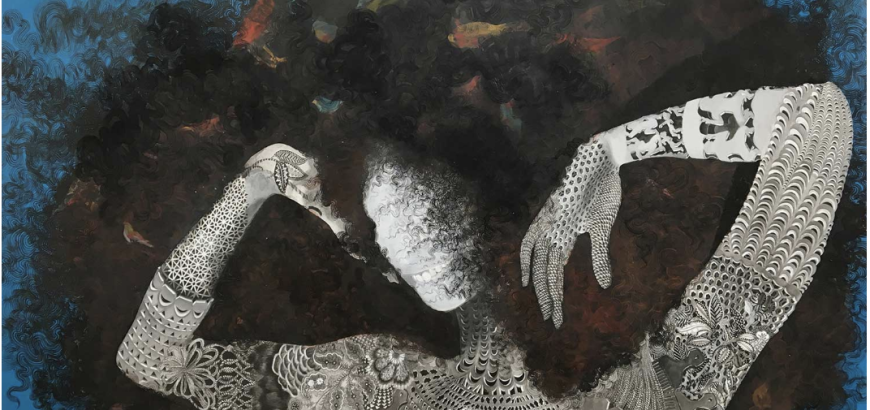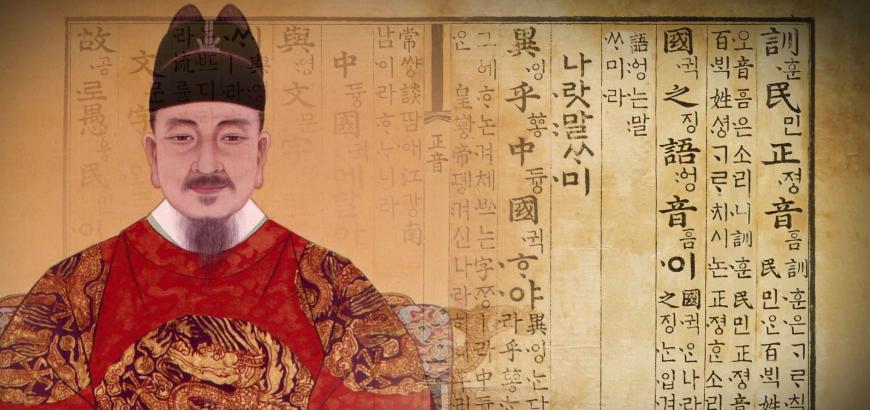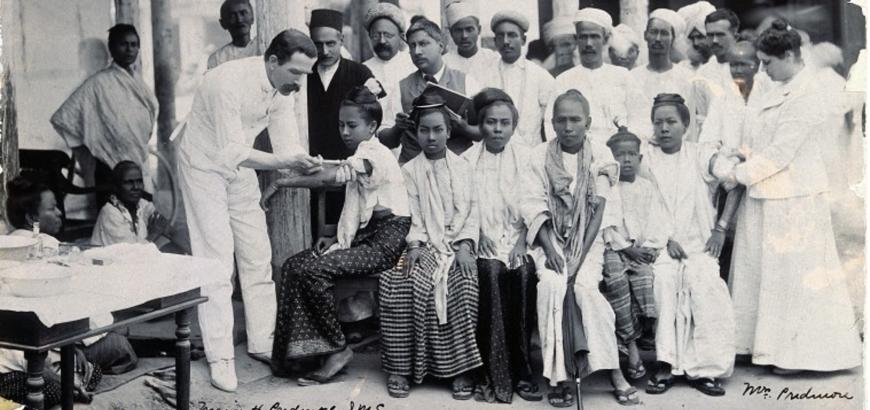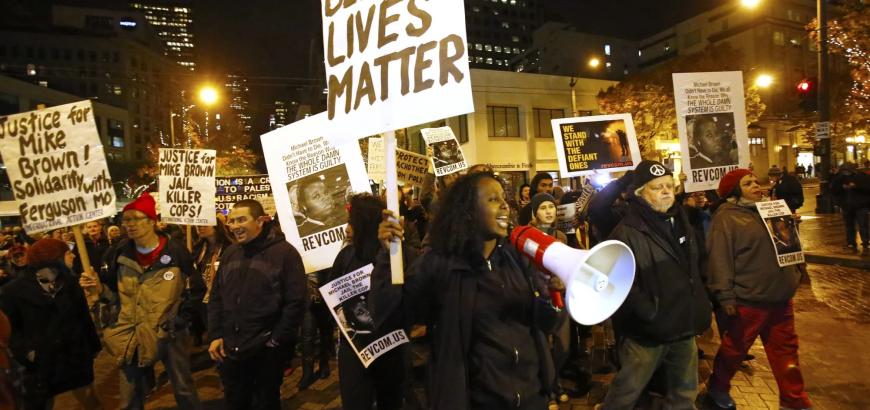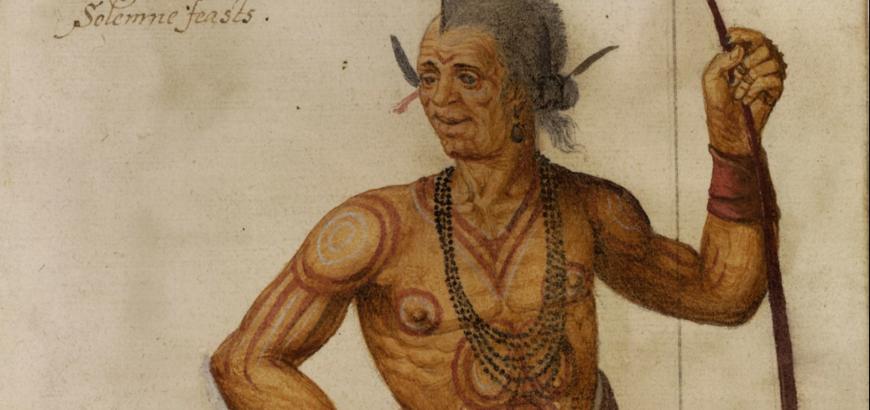"Those who don't know history are doomed to..."
Blah, blah, blah, right? We all know the saying. But the thing is, it's true! If you don't know your history, you can't make sense of the world we live in today. And even worse, if you don't know your history, someone else will define it for you to serve their own ends.
Here at UW History, it's our mission to explore the past with passion, honesty, and fearlessness. And whether you are 18 or 80, we want you along for the ride. There are dozens of fascinating courses on tap for Autumn. We've chosen a sampling of them to highlight below - or, click here to see the entire list.
HSTLAC 185: Race, Gender, and Class in Latin America and the Caribbean
This course is an overview of significant historical processes led by peoples in what we know today as Latin America and the Caribbean. The first half of the course explores the fifteenth-century Atlantic world, and the violent workings, reproduction, negotiations, and challenges that conformed colonial societies. The second half investigates the varied mobilizations to undo European and US colonial systems since the late eighteenth century; the tribulations of building modern nation-states; the articulations of new projects of subjugation for Afro-descendants, Native, and mestizo communities under the rubric of liberalism; and the struggles to build feasible futures. We closely analyze the dynamic making and unmaking of racial, class, gender, religious, and sexual hierarchies of power. This course also counts as a foundations class for the diversity minor.
- DIVERSITY, I&S
HSTAS 212: History of Korean Civilization
This course surveys the dynamic history of Korea from ancient times through the mid-nineteenth century. During this long sweep of time, the peninsula witnessed the rise and fall of rival kingdoms, territorial unification, as well as a succession of stable and long-lived dynasties. We will explore the evolution of Korean culture, society, and politics, paying special attention to historical developments during the Chosŏn dynasty (1392-1910), the last dynasty before Japanese colonial rule (1910-1945). Topics include the East Asian regional order, Confucian politics and statecraft, religious pluralism, social stratification, changing gender norms, and peasant rebellions. As we encounter a wide range of primary and secondary sources, we will pay close attention to the diversity of Korean experiences, as well as the interplay of local dynamics and global forces in the peninsula.
- I&S
HSTCMP 247: Global Health History
This course traces the history and politics of overseas interventions in medicine and public health from the pre-modern period to the present COVID-19 pandemic. In doing so, it reconstructs the historical origins of the modern global health movement, highlighting the movement's roots in practices of colonialism and empire-building, the rise of international commerce and industrial capitalism, the development of international philanthropy, and efforts to secure and protect national borders during epidemics and other public health and humanitarian crises. By studying this history both from the top down and the bottom up, we will develop a clear understanding of how the past informs the present in the contemporary global health movement, shaping both its achievements and its limitations.
- DIVERSITY, I&S
HSTAA 110: History of American Citizenship
This course interprets the history of the United States by examining how the American definition of citizenship evolved from colonial times to the present. More specifically, it considers how different groups within the American population, such as white men (with and without property), Native Americans, specific groups of immigrants, women, and enslaved and free African Americans, at different times were denied (or gained) “full membership” (or less-than-full membership) in the United States. The course also explores and interrogates the fact that--for many peoples and at many times--citizenship did not confer equal rights to all.
- DIVERSITY, I&S
HSTCMP 245: Exploration and Empire
This course offers a broad introduction to the history of European exploration and imperial expansion in the premodern world. It approaches its subject topically through the study of signal moments of European scientific and imperial exploration: case studies that range from the late-medieval, Venetian journeys bound for the so-called Orient (as exemplified by Marco Polo) to the Atlantic voyages of the sixteenth and seventeenth centuries (pioneered by the Spanish and Portuguese); and from the Pacific expeditions of the eighteenth century (dominated by the English and French) to the imperial expansion into the "wild" West (which brought Americans, Russians, Spaniards, and Britons to the Pacific Northwest) that ushered in the modern age of empire.
- DIVERSITY, I&S
